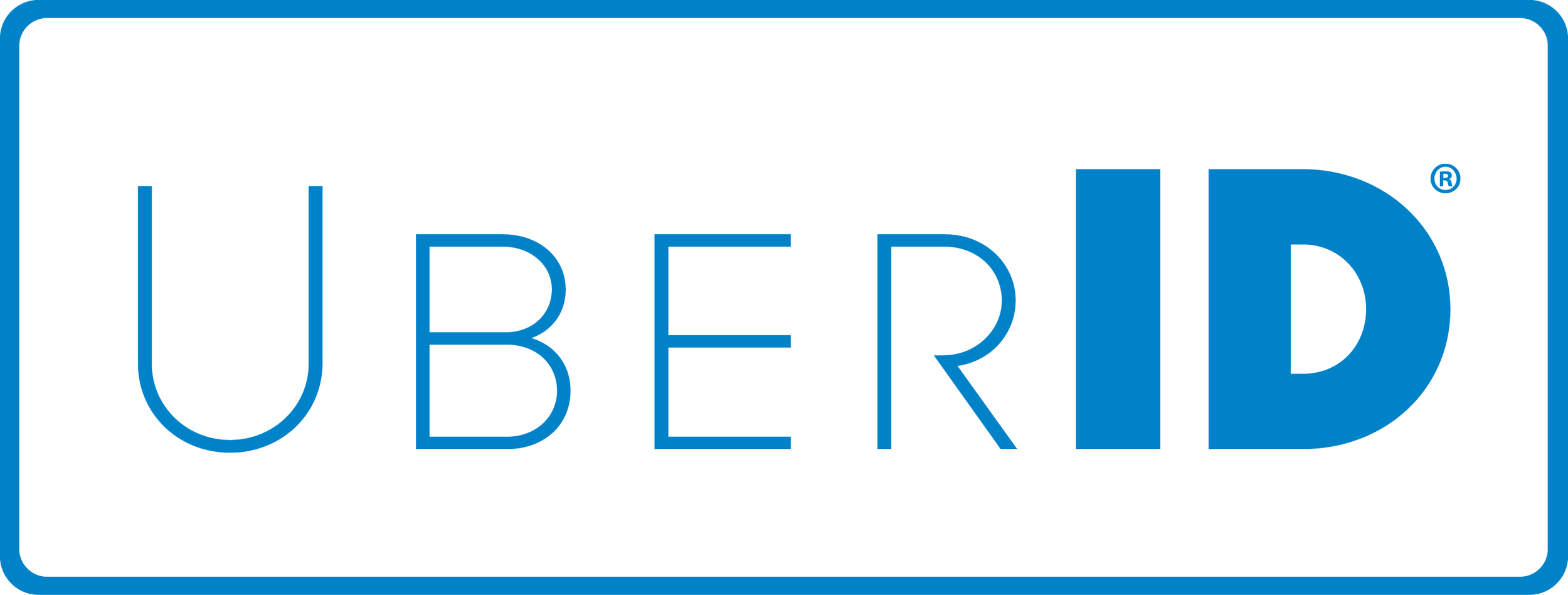Knowing your Blood Type Helps
What’s Your Type?: How Knowing Your Blood Type Could Save Your Life
According to the American Red Cross someone in the U.S. needs blood every two seconds. With this volume of blood being transfused, knowing your blood type can be a genuine lifesaver not just in an emergency situation, but in terms of your overall health.
What blood types are there?
Your blood type is made up of two components. The first is determined by the antigens in your blood – for example, having A antigens means you’ve got type A blood. There are four types: A, B, AB, and O, the latter of which was known as the ‘universal donor’, but a study from the Mayo Clinic now suggests otherwise.
The second component refers to whether or not you have the rhesus (Rh) antigen in your blood. If you do, you’d add a positive to your blood ‘letter’ type (like ‘A+’). If you don’t, it’s negative.
How do I find out my blood type?
If you don’t currently know your blood type, there are several ways to find out what it is. If you’ve had your blood tested for something before, you can call your doctor’s office – they should have the information on file for you. You can also request a blood test from your doctor or a walk-in clinic.
Another great option? Donate blood. Before you do, the clinic will perform a quick blood test and can share the information with you. If you’d prefer to find out your blood type in private (and you aren’t squeamish!), you can order a blood typing kit online for a nominal cost.
What does my blood type mean for my long-term health?
Scientists are just beginning to look more closely at the links between blood types and medical conditions. For example, one study has linked blood types A, B, and AB to a higher risk for heart disease and stomach cancer. While the connections between blood type and health risks are still being explored, most researchers are confident that with a proper diet and exercise routine, you can overcome a blood type propensity toward a certain disease.
Why do I need to know my blood type in an emergency situation?
Being given the wrong blood type can cause your blood cells to clot, leading to death. Most hospitals circumvent this risk by using O negative blood, however there may be occasions where you need your exact blood type for a transfusion. Knowing it can help expedite treatment, potentially saving your life.
Don’t forget about critical care situations for other people in your life. If a loved one needs a blood transfusion (or even a bone marrow transplant), knowing your type can make it easier for you step up and donate.
